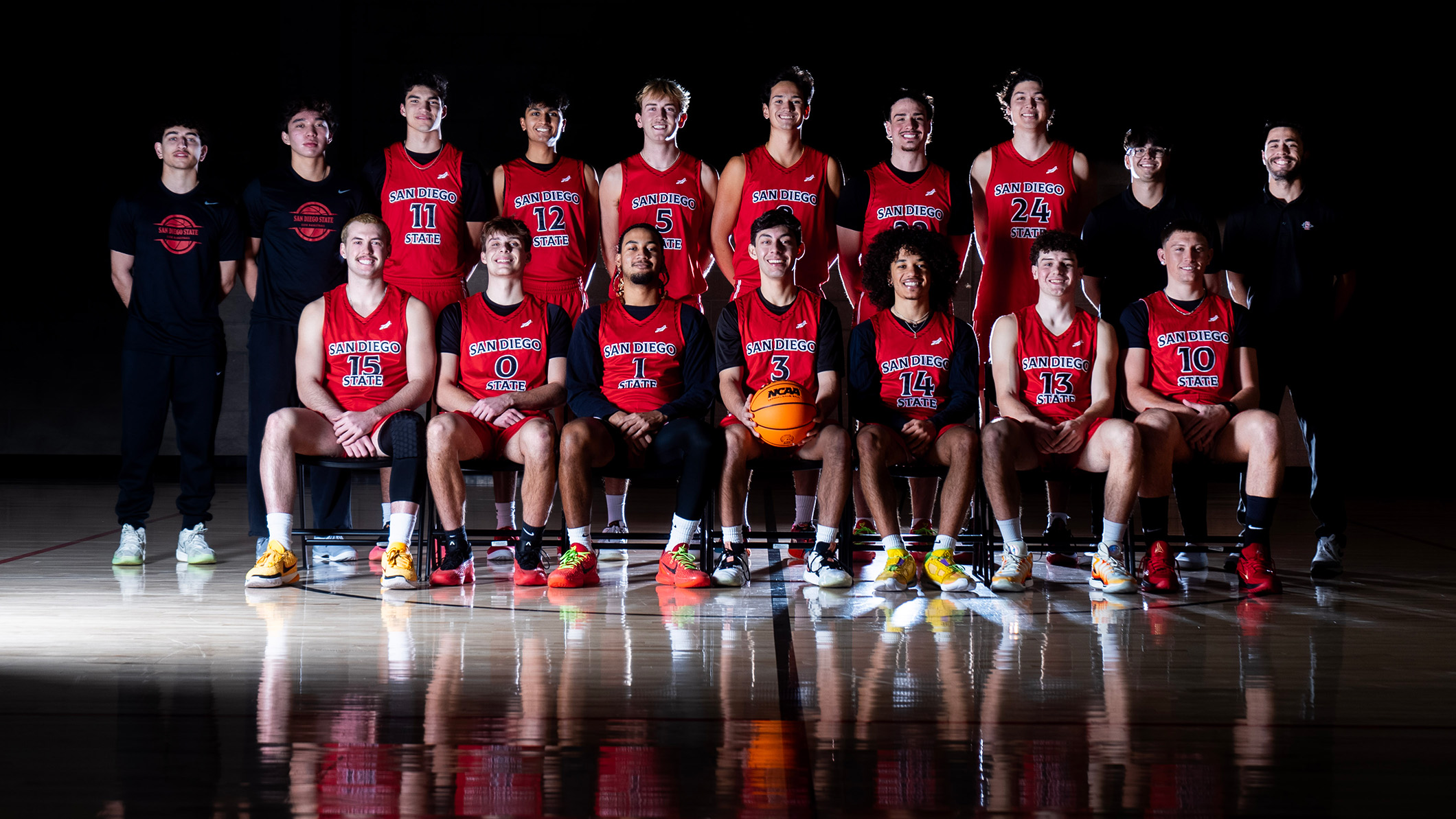Educational Leadership Department Selected for $47 Million Initiative
SDSU is one of seven universities chosen to help design a program that aims to prepare aspiring principals for their careers.

San Diego State University has been selected to participate in a national $47 million initiative to improve programs that train aspiring school principals. The grant from the New York-based Wallace Foundation will bring $6.2 million to SDSU over the next four years.“Our partnership with the Wallace Foundation will enhance our curriculum, help students prepare for leadership roles and support our local schools.”
The grant will allow SDSU researchers to examine state policy and determine which procedures might be strengthened for higher quality training. The Wallace Foundation will capture the lessons from SDSU and the other participating universities and share them with policymakers and practitioners across the country.
“The support from the Wallace Foundation will allow SDSU faculty and their district partners to continue to refine and improve principal preparation,” said Doug Fisher, chair of the Department of Educational Leadership. “This will eventually provide thousands of students in San Diego County with school leaders who understand the complexities of leading a school and can hit the ground running. Our collaboration will directly impact students’ learning in the K-12 systems all over San Diego.”
SDSU will form partnerships with the San Diego Unified School District, Chula Vista Elementary School District, and the Sweetwater Union High School District. In exchange for SDSU’s commitment to train future principals, the school districts will hire the program’s graduates.
“Our partnership with the Wallace Foundation will enhance our curriculum, help students prepare for leadership roles and support our local schools,” said SDSU President Elliot Hirshman. “We are extraordinarily proud of the efforts of our Department of Educational Leadership and the entire College of Education.”
The Wallace Foundation selected university programs that serve districts with large numbers of disadvantaged students, whose schools could benefit most from effective school leadership. The selection process included site visits and assistance from experts in state policy and education.
“This grant award is evidence of both the quality of the educational leadership program at SDSU and our ongoing commitment to strengthening the program in ways that influence great teaching and learning in our local school districts,” said Joseph Johnson, dean of the College of Education.
SDSU was selected along with the following six universities: Albany State University, Florida Atlantic University, North Carolina State University, the University of Connecticut, Virginia State University and Western Kentucky University.
The seven universities will review their policies pertaining to university-based principal training and determine if changes – such as program accreditation and principal licensure or certification requirements – would encourage the development of more effective preparation programs statewide.
“We know from research that school principals require excellent training with high-quality, practical experiences to become effective leaders, but most are simply not getting this,” said Will Miller, president of the Wallace Foundation. “Because many school districts don’t have the capacity to train as many principals as they need or to train future principals at all, the best way to reach more aspiring school leaders is through the university programs that typically provide needed certification.”
RAND Corporation will conduct an independent evaluation of the four-year initiative and release a final report in year five. The study will assess how the participating universities go about trying to implement high-quality courses of study, and what they do to form strong partnerships with local school districts. A series of public reports will share lessons and insights from the research and highlight credible models emerging from it so that other universities, districts and states can adopt the initiative work.



